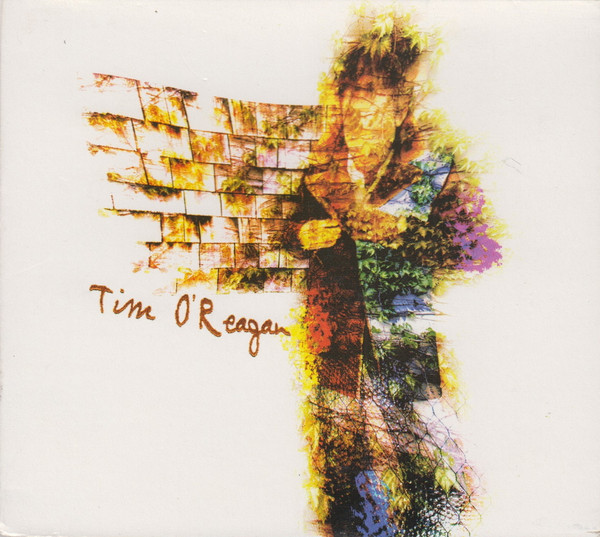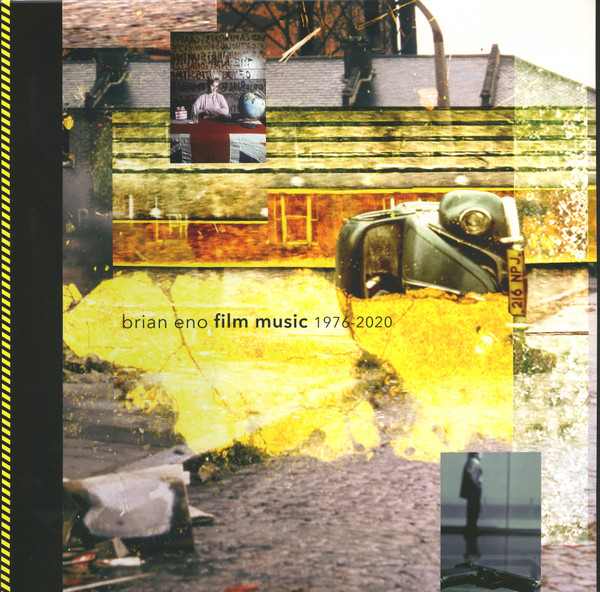 Unlike his colleagues in Yes, Jon Anderson’s first solo album was exactly that. He played and sang everything on Olias Of Sunhillow, a dense collection of songs inspired by a previous Yes album cover—namely, Fragile. The titular hero builds an ark-like hang glider to carry the four tribes of his home planet to another before the first is destroyed. (This isn’t clear from the songs, but explained in the narration within the elaborate packaging.) As he was working completely on his own, with only an engineer for assistance, it took a while, but when complete it turned out to predict the kind of New Age music that would be dominated by synthesizers as well as esoteric instruments, with only his distinct voice (and ecological lyrical concerns) tying it all into Yes proper.
Unlike his colleagues in Yes, Jon Anderson’s first solo album was exactly that. He played and sang everything on Olias Of Sunhillow, a dense collection of songs inspired by a previous Yes album cover—namely, Fragile. The titular hero builds an ark-like hang glider to carry the four tribes of his home planet to another before the first is destroyed. (This isn’t clear from the songs, but explained in the narration within the elaborate packaging.) As he was working completely on his own, with only an engineer for assistance, it took a while, but when complete it turned out to predict the kind of New Age music that would be dominated by synthesizers as well as esoteric instruments, with only his distinct voice (and ecological lyrical concerns) tying it all into Yes proper. “Ocean Song” rumbles into form with a wash of keyboards and harp-type things, then layers of voices bring in “Meeting (Garden Of Geda)”, a mere prelude to “Sound Out The Galleon”, a proper song. More harps play “Dance Of Ranyart”, supposedly the navigator, and he’s gotten quite proficient at the instrument, but this is another prelude, this time to the bloops and beeps that begin “Olias (To Build The Moorglade)”, another actual song that helps us pronounce the guy’s name right. He follows the Tolkien path of creating his own language in “Qoquaq Ën Transic/Naon/Transic Tö”, a suite of synth beds interrupted by indiscernible chanting over tribal drums. “Flight Of The Moorglade” is suitably trilling and hopeful.
Presumably they got airborne, as “Solid Space” nicely evokes the sensation of flight, or at least watching such a thing. The aural journey continues for the lengthy “Moon Ra/Chords/Song Of Search” suite, wherein the notes tell us fear and discord took hold of the refugees, yet Olias was able to quell everything with his music. (The music itself, however, stays lofty and progressive throughout.) “To The Runner” provides another trilling celebration of something, culminating in music we’re sure we heard on the Narada label at some point or another.
Olias Of Sunhillow is one of those albums that provides an immersive, multi-sensory experience should one choose to delve so deep, but it also works as a nice album to listen to for the sake of enjoyment. This too was mostly ignored in the digital era in this country, but has since been given the deluxe treatment with remastered sound and 5.1 surround content. He’s been threatening a sequel, so who knows if that will ever happen.
Jon Anderson Olias Of Sunhillow (1976)—3





